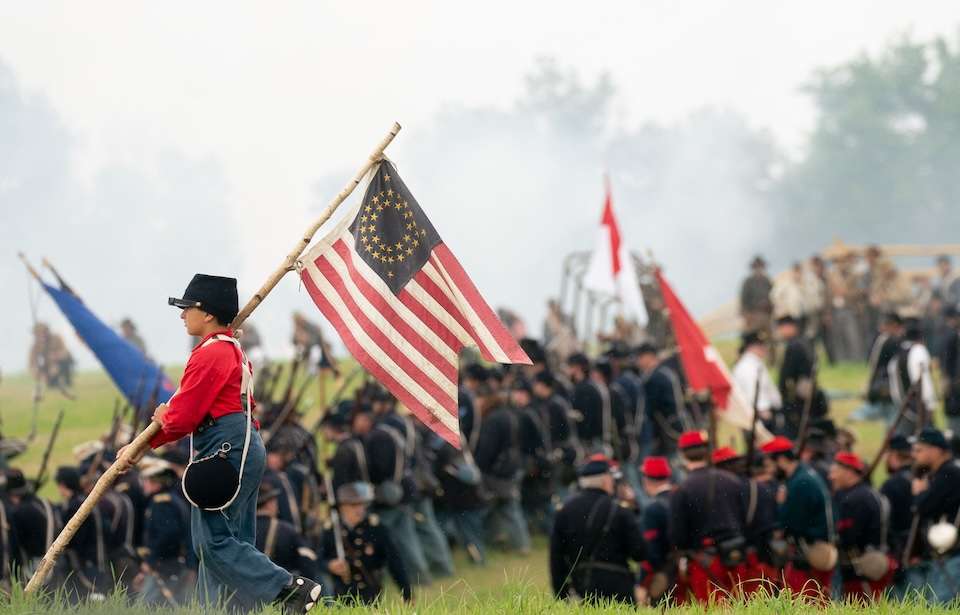The American Civil War stands as one of the most defining chapters in the nation’s past, leaving lasting marks on politics, society, and culture. Yet, alongside well-documented events, a host of myths and misunderstandings have taken root, clouding the true story of the conflict. By exploring and challenging these misconceptions, we can uncover a clearer picture of what really happened—and why.
Peeling back these myths not only deepens our understanding of the war’s causes, battles, and aftermath, but also reveals how memory, identity, and ideology have reshaped its narrative over time. In doing so, we move beyond the romanticized or simplified versions and gain a more honest, complicated, and relevant perspective on the Civil War’s lasting legacy—and the lessons it still holds today.
MYTH: Thousands of African-Americans fought for the Confederacy
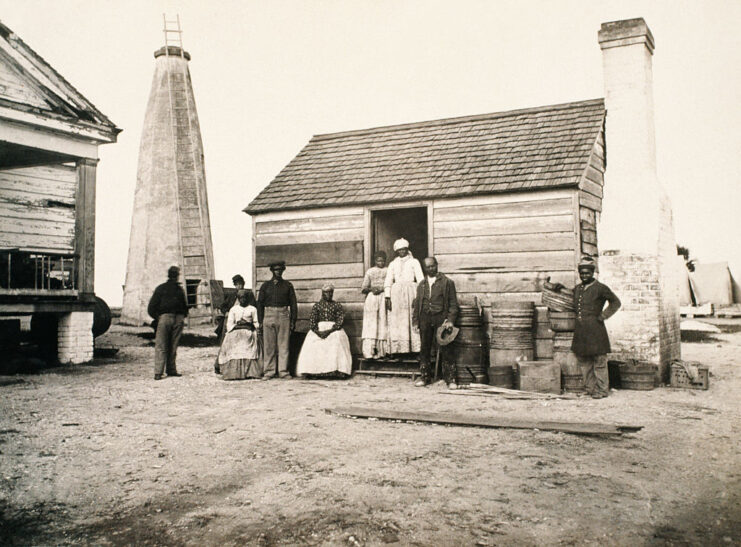
A commonly debated topic regarding the American Civil War is the role of African Americans in the Confederate Army. Some claims suggest that thousands of enslaved and freed African Americans served as soldiers for the South, but the truth is more complex. These individuals were not formally enlisted as soldiers, nor did they volunteer willingly to fight.
Instead, thousands of African Americans served with Confederate forces in non-combat roles such as servants, hospital workers, laborers, and cooks, though they were not officially acknowledged as military personnel. These tasks were typically forced upon them by white individuals who believed in racial inferiority. While certain duties, like musicians and cooks, may have provided some compensation, many African Americans in these roles received little or no pay.
In 1865, the Confederate Congress passed a law that allowed for the formal enlistment of African American soldiers, but it required slave owners to grant them freedom first. As a result, enlistment was limited, with few African Americans able to join the Confederate forces under this condition.
MYTH: The South lost because the North had more resources
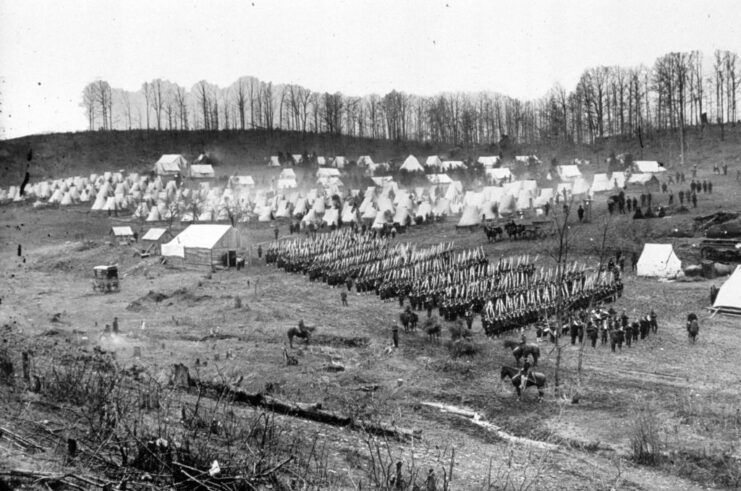
Many people believe the South lost the Civil War simply because the North had more soldiers, weapons, and supplies. While those advantages were real and significant, they weren’t the only reasons for the Confederacy’s defeat.
According to University of North Carolina historian Karen L. Cox, interviewed by The Washington Post, other critical factors played a role—like widespread desertions, declining morale, and deep divisions within Southern society. The Confederacy wasn’t as unified as many assume. Political infighting, class tensions, and resentment toward conscription policies fractured support on the home front.
The South also suffered from the loss of enslaved labor, which had been vital to its economy and war effort. As Union forces advanced and more enslaved people escaped or were freed, the Confederacy’s ability to sustain itself weakened dramatically. Together, these internal breakdowns—not just the North’s overwhelming might—help explain why the South ultimately couldn’t hold out.
MYTH: Robert E. Lee didn’t own slaves or support slavery
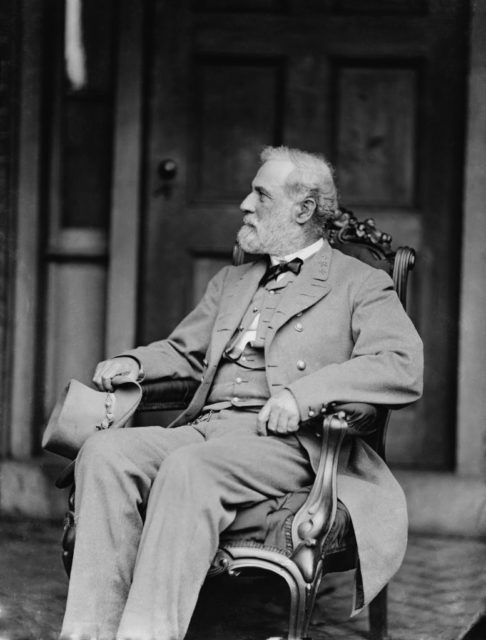
In the decades following the American Civil War, considerable effort was made to portray Confederate Gen. Robert E. Lee as a saintly hero, including the claim that he opposed slavery and never owned enslaved individuals himself.
This is false. In 1857, Lee’s wife inherited 189 enslaved people following the death of her father, George Washington Parke Custis, whose will mandated they be freed five years after his passing. As well, records indicate that Lee sold several enslaved individuals to settle debts and took legal action to prevent the emancipation of others.
While it’s been suggested Lee was paternalistic toward his slaves, that doesn’t change the fact he owned them. Civil War historian Eric Foner noted in an article for The New York Times, “He was not a pro-slavery ideologue. But I think equally important is that, unlike some White Southerners, he never spoke out against slavery.”
MYTH: Ulysses S. Grant was drunk during the Battle of Shiloh
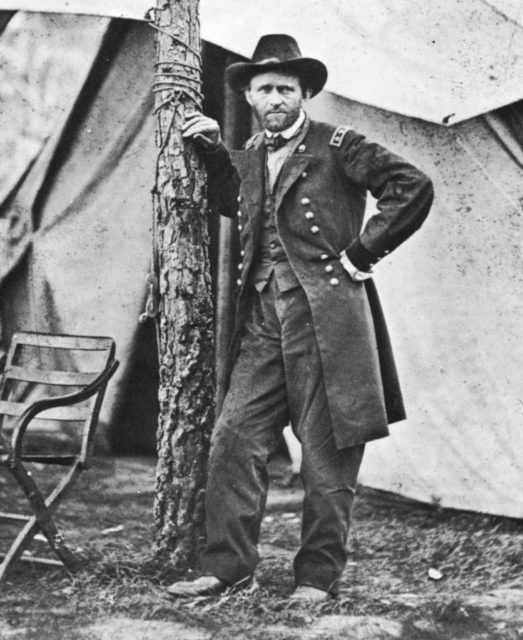
Ulysses S. Grant led the Union Army to victory during the American Civil War, becoming a national hero. Accusations of him being a drunk, however, dogged him for much of his military and political career. Some of these claims emerged following his victory at the Battle of Shiloh, when a reporter from the New York Herald wrote that he was drunk during the engagement.
Grant did have a problem with alcohol for much of his life and had a lower tolerance than most men. Writing in the 2017 book, Grant, biographer Ron Chernow stated the Union commanding general would, however, never imperil an upcoming fight by drinking beforehand.
The Shiloh rumors led to requests for President Abraham Lincoln to fire Grant. According to State Sen. Alexander McClure, the president responded, “I can’t spare this man. He fights.” In a letter to his wife, Julia, Grant swore, “[I was] sober as a deacon no matter what was said to the contrary.”
MYTH: Amputations were frequently performed without anesthesia
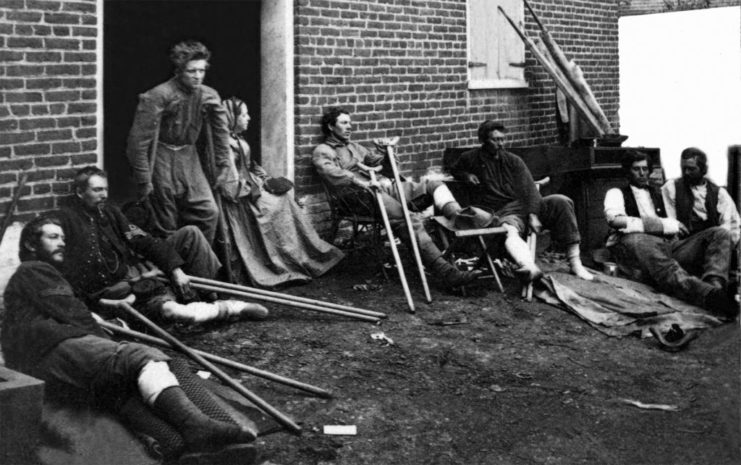
Many movies and books about the American Civil War often portray anesthesia as a rarity during the conflict. Iconic scenes of soldiers taking a swig of whiskey and biting down on a piece of wood while having a limb amputated have left a lasting impression. While such instances did occur, they were far less common than Hollywood suggests.
In truth, Civil War doctors were well aware of the importance of anesthesia and frequently used chloroform and ether for major surgeries. As noted by History Collection, “Over [90 percent] of all amputations performed during the war were accomplished with the patient under anesthesia.”
One notable recipient of such an amputation was Confederate General Stonewall Jackson. After being struck by friendly fire following the Battle of Chancellorsville, he died from pneumonia a week later.
MYTH: The Confederate Army was made up of volunteers
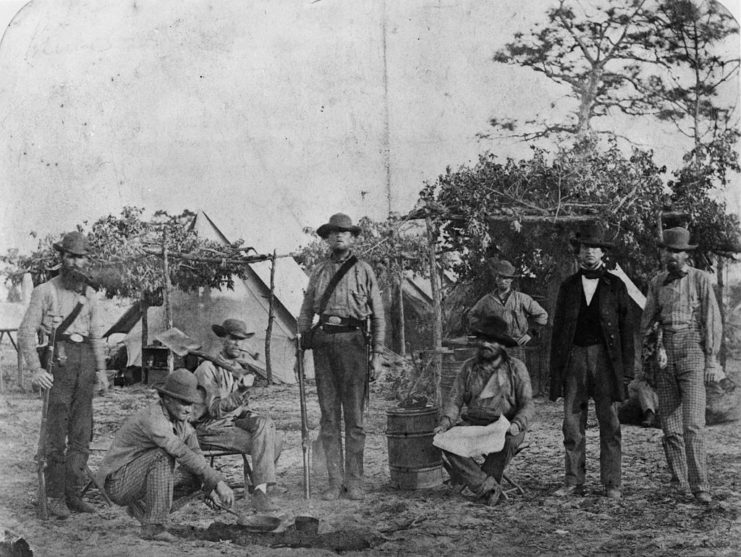
A widespread misconception holds that every Confederate soldier willingly signed up to fight, a belief so pervasive that the University of Tennessee even named its athletic teams the “Volunteers.” While many did enlist by choice, the idea that the entire Confederate army was composed of volunteers simply isn’t true.
In reality, as the war dragged on and casualties mounted, the Confederacy turned to a conscription program to keep its ranks filled. Starting in 1862, laws were enacted requiring white men ages 18 to 35 to serve three years in the military. As manpower needs grew more desperate, the draft widened its net, eventually covering men from 17 up to 50 years old, with service lengths that could stretch indefinitely.
Like most draft systems of the era, it favored the wealthy. Those who owned at least 20 enslaved people were excused from fighting so they could oversee their plantations, and others could hire substitutes to serve in their place. These exemptions let affluent Southerners avoid the front lines, fueling resentment among poorer men who were left to shoulder the burden of war.
MYTH: States’ rights were the cause of the American Civil War
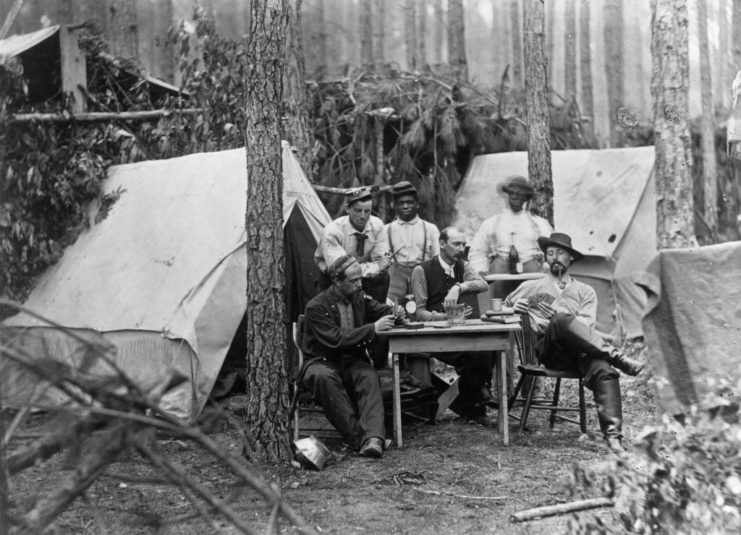
One of the main arguments often made by Confederate apologists is that the American Civil War wasn’t really about slavery. They claim it was about states’ rights and that the Union overstepped by interfering with the South’s right to keep slavery, even though no national laws had been proposed to end it at that point.
But this argument doesn’t hold up. In the two decades leading up to the war, heated debates raged over the issue of slavery, and for many in the South, Abraham Lincoln’s election was the final straw.
More from us: John Clem: The Youngest Noncommissioned Officer in US Army History
When the Confederacy created its own government, its constitution actually made it clear that slavery was off-limits for individual state decisions and could only be ruled on at the federal level. One striking passage even declared, “No bill of attainder, ex post facto law, or law denying or impairing the right of property in negro slaves shall be passed.”
